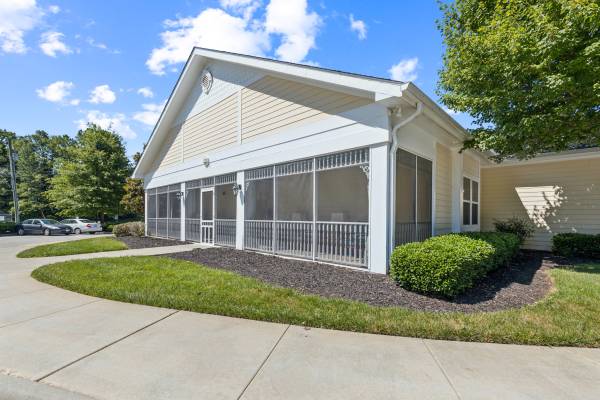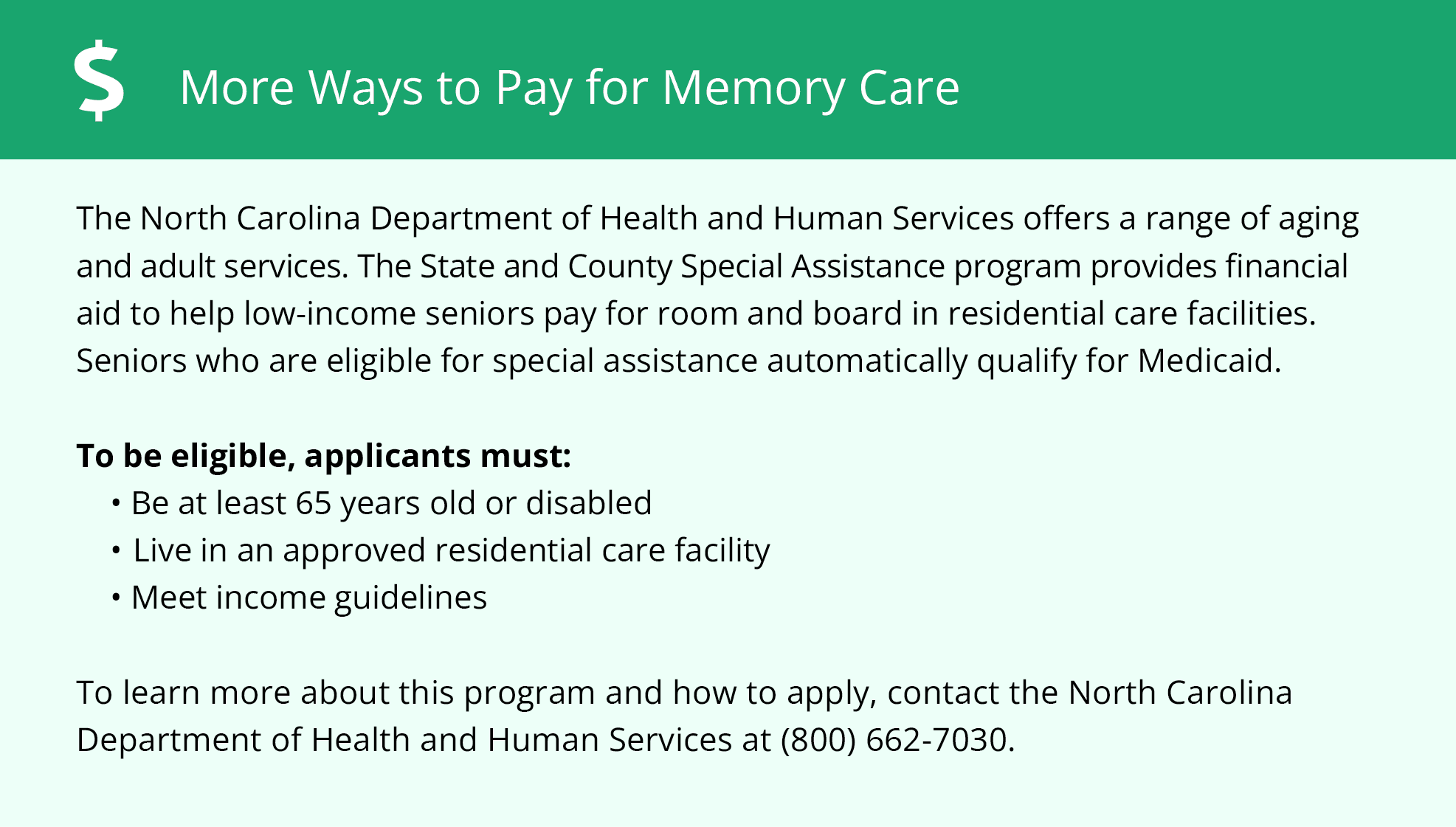
4434 Ben Franklin Boulevard, Durham, NC 27704
3.8
(21 reviews)
"My mom was here for 9 months. She was more independent than some of the other residents. She once had to correct a staffer on the medicine dosage they gave her. Her room was nice but after numerous requests to repair a broken cabinet door in the kitchenette area, it was never repaired. We ate with her occasionally and couldn’t believe how poorly the cafeteria staff interacted with the residents. The social worker was pretty good. Our mom had two items stolen that were mailed to her - one a card and the other a small gift. The management team didn’t seem to really care. Don’t be fooled by the tour, the lovely piano, and the cookies-it’s all marketing and Brookdale Corporation knows exactly what they’re doing."
$6,350



















